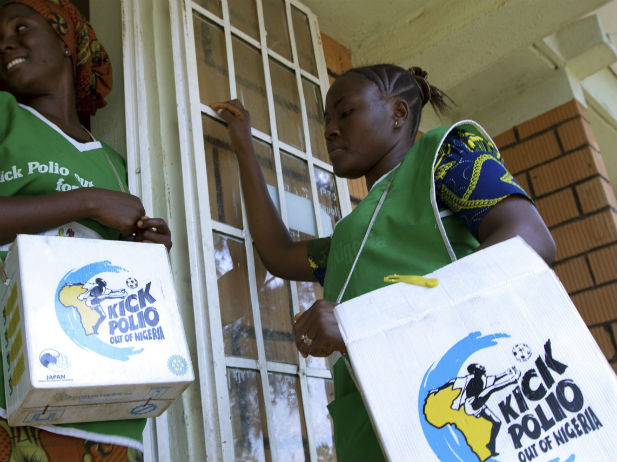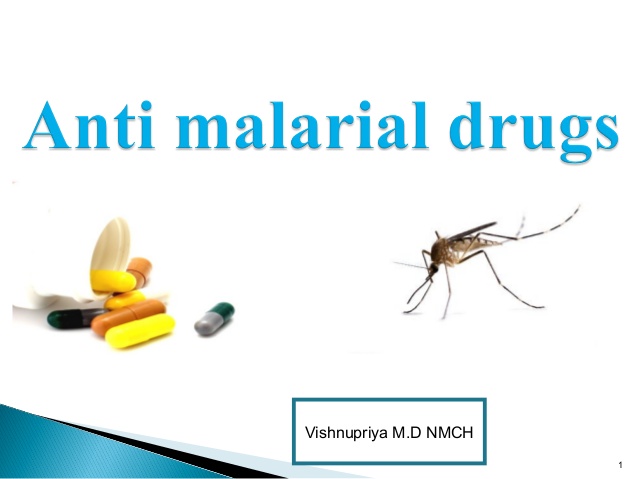WHO To Declare Africa Polio-free As Nigeria Marks 3 Years Without Cases
Africa is set to be declared polio-free as Nigeria marks three years without recording a single case of polio infection, thus moving a step closer towards polio-free certification by the World Health Organisation, WHO, in early 2020.
Nigeria is the last country in Africa to record wild poliovirus infections, and if no more cases are found in the next few months Africa could be declared polio-free.
The last reservoir of polio in Nigeria was Borno State in the northeast, where the Boko Haram insurgency prevented health workers from vaccinating children.
The WHO Regional Director for Africa, Dr Matshidiso Moeti, said this three-year landmark achieved by Nigeria sets in motion a comprehensive evaluation process by the Africa Regional Certification Commission to determine if the entire WHO African Region of 47 countries indeed can be declared wild polio-free.
“This August’s marker on wild polio is a positive sign of progress across the continent, but our work is not yet done.
“We must remain vigilant in our eradication and surveillance efforts: Every country must continue ensuring that it is closely monitoring for any signs of the virus and reaching every child with vaccines.
“We are confident that very soon we will be back here trumpeting the certification that countries have, once and for all, kicked polio out of Africa.” Moeti said if the evaluation process proves the wild virus is gone, Africa will join the Americas, the Western Pacific, Europe, and South-East Asia in holding the distinction of being polio-free.
“The path to eradicating polio in Africa has been a monumental effort of multinational coordination on an unprecedented scale, providing vaccinations to hundreds of millions of children and conducting immunisation campaigns in some of the most remote locations in the world, with vigilance and exhaustive surveillance to monitor outbreaks and people on the move,” Moeti said.
With Nigeria reaching this important milestone polio is still endemic in only Pakistan and Afghanistan. To begin the process of certifying the continent polio free a team of independent scientists will examine data from Nigeria and 46 countries to look for a sign of overlooked cases or gap in surveillance.
According to Dr Pascal Mkanda, the Head of Polio for the WHO Africa region, “This is a great milestone and achievement. It will give encouragement and a confidence boost to other programmes – if polio, a huge public health problem, can be eradicated it will show that some of the other problems we have in Africa can be dealt with too.”
To reach this milestone, the Federal Government conducted satellite imaging of isolated communities on hundreds of islands on Lake Chad and set up clinics in markets and at border posts to try and catch all unvaccinated children.
Further, the Nigerian government organised more than a dozen supplementary immunisation campaigns with the oral polio vaccine, strengthened routine immunisation, improved its polio surveillance networks and deployed innovative strategies such as market vaccination, cross-border points and outreach to nomad populations, to reach more children with polio vaccines.





